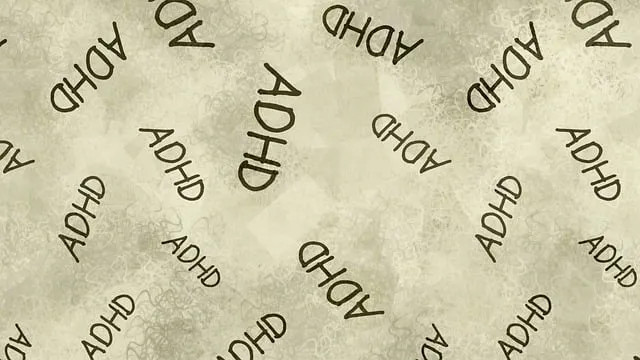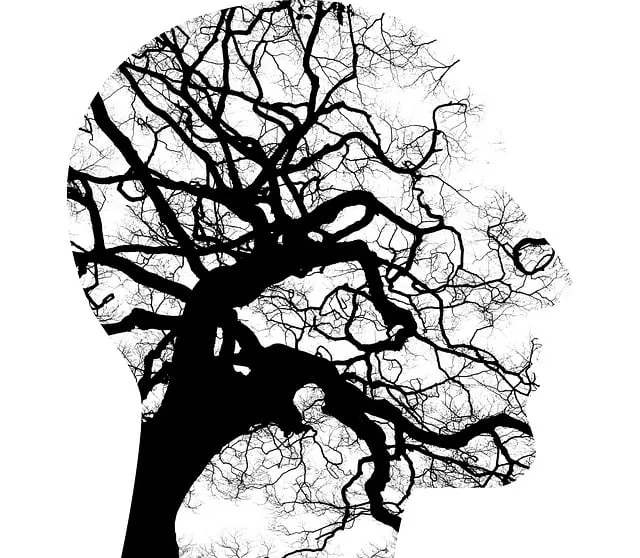Kaiser Permanente behavioral health services Northglenn employs innovative group facilitation techniques as a cornerstone of its mental wellness support, creating safe, non-judgmental spaces for individuals to connect, share stories, and learn through open dialogue. Facilitators engage participants with interactive activities like role-playing, problem-solving, and community outreach initiatives, fostering social skills development, camaraderie, and inner strength. This approach not only enhances group effectiveness but also contributes to impactful public awareness campaigns. By understanding community needs and conducting thorough risk assessments, facilitators tailor programs that encourage active participation and foster a sense of belonging, crucial for sustainable mental health initiatives. The ultimate goal is to provide comprehensive, effective support through a supportive environment, practical tools, and lasting connections, improving overall mental health outcomes.
Mental wellness group facilitation plays a crucial role in enhancing behavioral health services, such as those provided by Kaiser Permanente Northglenn. This article delves into effective techniques for group facilitators, exploring how they create safe spaces and foster meaningful connections. We examine the key roles of facilitators, engaging strategies to promote mental wellness, and methods for evaluating success. By understanding these practices, we can revolutionize behavioral health care within institutions like Kaiser Permanente Northglenn.
- Understanding Group Facilitation in Behavioral Health Services
- The Role of a Facilitator at Kaiser Permanente Northglenn
- Engaging Techniques to Foster Mental Wellness in Groups
- Creating a Safe and Supportive Group Environment
- Measuring Success: Evaluating the Impact of Group Facilitation
Understanding Group Facilitation in Behavioral Health Services

In the realm of mental wellness support, group facilitation plays a pivotal role, especially within behavioral health services like those offered by Kaiser Permanente Northglenn. This approach recognizes the power of collective support and shared experiences in fostering individual growth and recovery. Group facilitators act as guides, creating a safe and non-judgmental environment where participants can connect, share their journeys, and learn from one another. By facilitating open dialogue and structured activities, these professionals enhance social skills development and promote a sense of community among individuals facing similar challenges.
The techniques employed in group facilitation go beyond simple conversation. They include strategies such as role-playing exercises, group problem-solving sessions, and the implementation of successful Community Outreach Program initiatives. By engaging participants in these activities, facilitators encourage active involvement, enhance coping mechanisms, and cultivate inner strength development. Kaiser Permanente behavioral health services Northglenn’s commitment to innovative group facilitation techniques underscores its dedication to providing comprehensive and effective support for mental wellness.
The Role of a Facilitator at Kaiser Permanente Northglenn

At Kaiser Permanente Northglenn, the role of a facilitator goes beyond mere coordination; it’s about fostering an environment that promotes mental wellness and encourages open dialogue within behavioral health services. These facilitators play a pivotal role in engaging participants, guiding discussions, and ensuring every voice is heard in sessions aimed at enhancing Mental Health Awareness. They create a safe space where individuals can share their experiences, learn from one another, and develop skills to navigate challenges, ultimately boosting confidence.
Through interactive activities and structured conversations, facilitators facilitate meaningful connections among group members. This technique not only enhances the effectiveness of support groups but also contributes to the development of impactful Public Awareness Campaigns. By understanding the unique needs of their communities, these facilitators can tailor programs that resonate, encouraging active participation and fostering a sense of belonging, crucial for sustaining mental health initiatives over time.
Engaging Techniques to Foster Mental Wellness in Groups

In facilitating mental wellness groups, engaging techniques are pivotal to creating a safe and supportive environment that encourages open dialogue and fosters emotional well-being promotion. At Kaiser Permanente behavioral health services Northglenn, facilitators employ interactive activities, such as guided meditations and group exercises, to help individuals process their experiences and build resilience. These practices not only enhance stress management but also encourage members to share their stories in a non-judgmental setting, fostering camaraderie and mutual support.
Additionally, effective group facilitation involves risk assessment for mental health professionals to ensure the safety and well-being of all participants. By implementing strategies that address potential triggers and emotional vulnerabilities, facilitators can navigate challenging discussions seamlessly. This tailored approach ensures that the group dynamics remain positive, encouraging ongoing participation and deeper exploration of mental wellness topics relevant to the diverse backgrounds of Kaiser Permanente behavioral health services Northglenn clientele.
Creating a Safe and Supportive Group Environment

Creating a safe and supportive group environment is paramount to effective mental wellness facilitation. At Kaiser Permanente behavioral health services Northglenn, this involves cultivating an atmosphere where every individual feels heard, respected, and valued. Facilitators play a crucial role in setting boundaries, ensuring confidentiality, and promoting active participation through open dialogue. Techniques such as active listening, empathetic responses, and structured yet flexible agendas foster trust and encourage members to share their experiences without fear of judgment.
This supportive environment serves as a foundation for various group activities designed to enhance mental wellness. These include resilience-building exercises, mindfulness meditation sessions, and policy analysis discussions centered around Mental Health Policy Analysis and Advocacy. By creating a safe space that encourages both introspection and collective learning, Kaiser Permanente behavioral health services Northglenn ensures that participants not only gain practical tools but also develop lasting connections, ultimately contributing to improved mental health outcomes.
Measuring Success: Evaluating the Impact of Group Facilitation

Measuring success in mental wellness group facilitation is a multifaceted process that goes beyond mere attendance or completion of sessions. At Kaiser Permanente behavioral health services Northglenn, we employ diverse evaluation methods to assess the true impact of our group facilitation techniques. This includes subjective reports from participants about their personal growth and improved coping strategies, as well as objective data tracking changes in mental health symptoms over time.
Our approach leverages the Healthcare Provider Cultural Competency Training to cater sessions to the unique cultural backgrounds of our participants, enhancing inclusivity and engagement. By integrating these insights, we can tailor interventions for better outcomes, whether it’s alleviating anxiety or promoting overall mental wellness. This continuous evaluation process ensures that our group facilitation techniques remain effective, relevant, and aligned with the evolving needs of our community.
Group facilitation techniques play a pivotal role in enhancing mental wellness within healthcare settings, particularly at Kaiser Permanente Northglenn’s behavioral health services. By creating safe and supportive environments, facilitators like those at Kaiser Permanente Northglenn foster meaningful connections and engagement among group members. Through effective engagement strategies, these professionals empower individuals to navigate their mental health journeys collaboratively. Measuring success through evaluations ensures the impact of group facilitation is not only significant but also sustainable, ultimately contributing to improved outcomes for those seeking behavioral health support in Kaiser Permanente Northglenn’s care.






